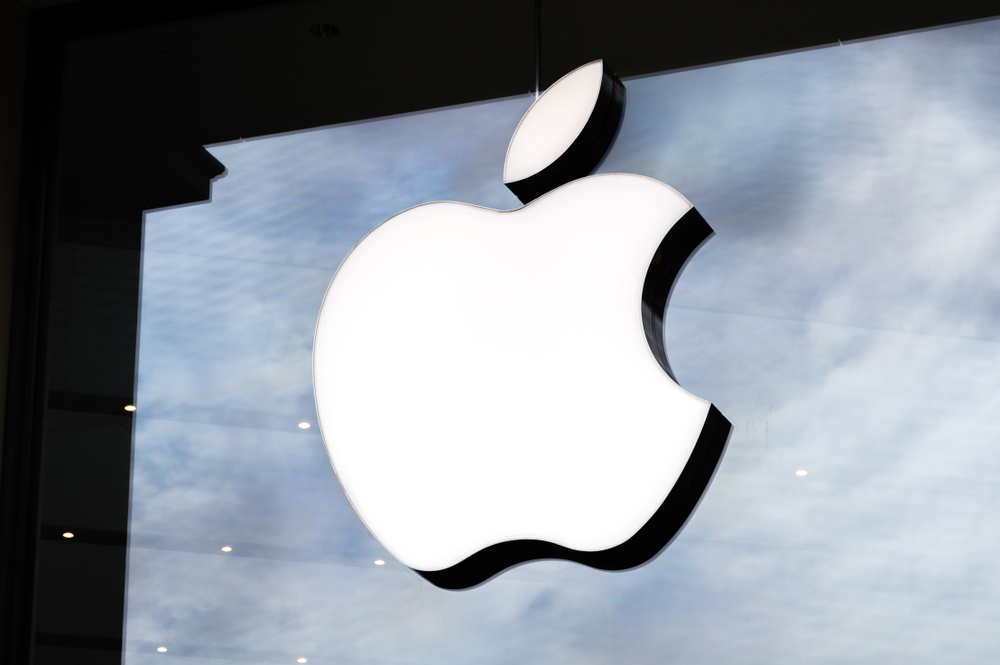Apple has removed Meta Platforms’ WhatsApp messenger and microblogging platform client Threads, as well as Telegram and Signal applications from its App Store in China. According to available data, the company took this step due to an order from the local regulator represented by the Cyberspace Administration of China (CAC).

Regulator’s Order for Removal
Apple stated that the removal of WhatsApp, Threads, Signal, and Telegram was ordered by the regulator for national security reasons. Apple emphasized compliance with the CAC requirement, aligning with laws of countries where it operates. However, official statements from the affected messenger apps are yet to be released.
Intensifying US-China Tech Dispute
The move underscores the escalating tension between the US and China in the tech sector. The US House of Representatives may soon vote on a bill targeting Chinese company ByteDance, owner of TikTok, potentially forcing its sale due to national security concerns. This mirrors China’s resistance to US pressure regarding TikTok.
US-China Tech Sanctions
The US has been imposing sanctions aimed at limiting China’s access to advanced technologies and reducing investment in Chinese tech development. In response, China has imposed bans on American chip companies like Micron and restricted sales from other US firms.
Apple’s Vulnerability and Response
Apple, heavily reliant on China for manufacturing and sales, has complied with Chinese authorities’ requests in the past, reminds NIX Solutions. However, amidst worsening US-China relations, Apple is diversifying its supply chain, exploring manufacturing in India and Vietnam. CEO Tim Cook’s recent visit to Asia indicates Apple’s strategic response to geopolitical tensions.
The removal of WhatsApp, Threads, Signal, and Telegram from the Chinese App Store signals the deepening rift in US-China tech relations. As the situation evolves, we’ll keep you updated on developments and implications for the global tech landscape.
